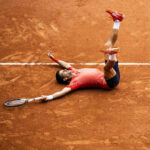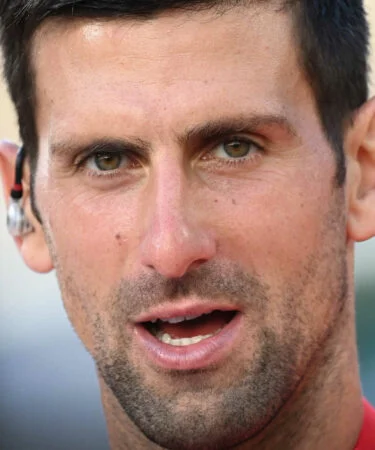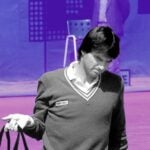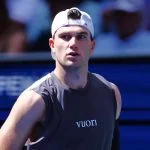Djokovic on why he is ‘extremely tiring’ – “If it were easy, everybody would win Grand Slams”
Novak Djokovic elaborated on why he apologised to his team and his family for “torturing” them
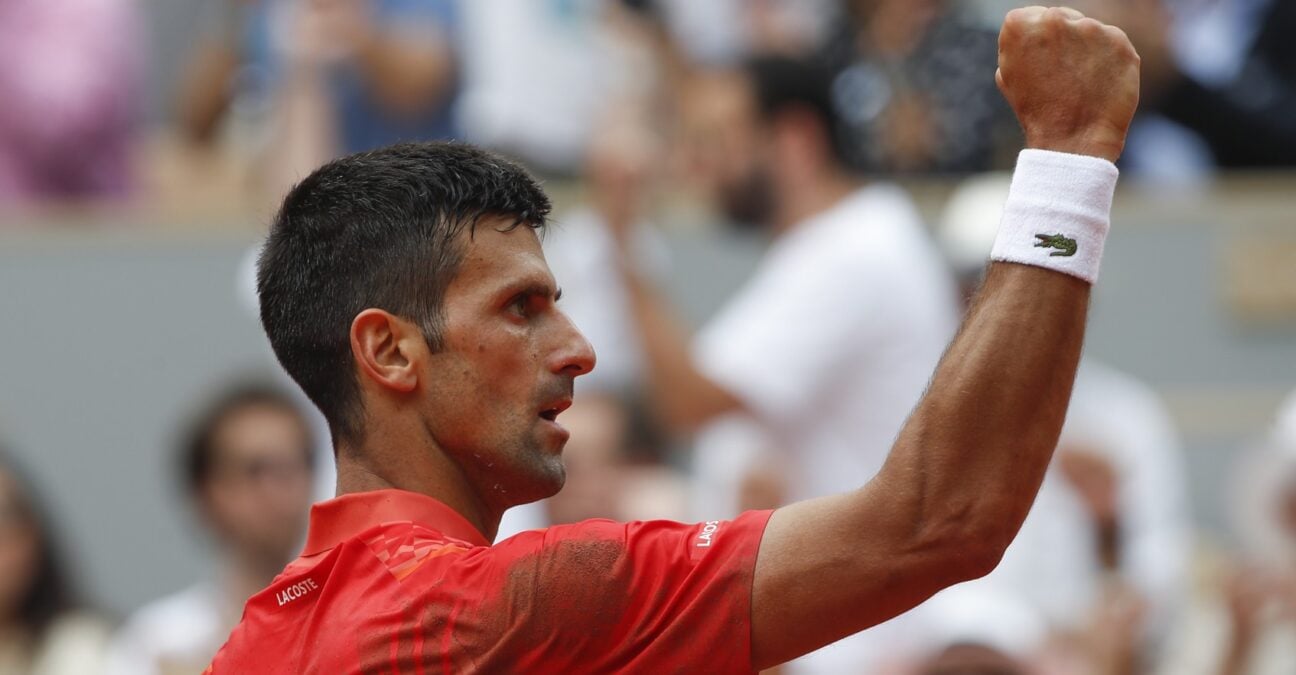 Novak Djokovic at Roland-Garros (Michael Baucher/Panoramic)
Novak Djokovic at Roland-Garros (Michael Baucher/Panoramic)
When Novak Djokovic thanked his team and his family in his victory speech, he said: “Behind closed doors, I was really torturing you!”
Coach Goran Ivanisevic agreed with the assertion in his own press conference, describing Djokovic as “not an easy guy”.
And then the 23-time Grand Slam champion went into more detail when he spoke to Serbian media afterwards.
“Maybe we will go into more detail in a book, mine or Goran’s. I am extremely tiring during Grand Slams, I can be a handful – my team knows it, my wife knows it, my parents know it. They all know that sometimes they need to get out of my way, I radiate this energy that says ‘I want to have time for myself’.
“I am nervous on the court, demanding off the court. I know myself well and I know what it takes to win one of these trophies, so I expect others to give the maximum of their abilities, for them to stay focused on this mission. That’s why it’s not easy. If it were easy, everybody would do it.”
Djokovic: I need my family’s support
He also had special words for his family.
“I am a proud father, husband, uncle, brother, trying to be the best version of myself, but what takes most of my energy is my role as a professional tennis player. In order to be this successful, I need to have the support of people around me. Most of them were here today [at the Roland-Garros final], except for my brothers, but they are with me with their heart.
“It’s hard to describe all the emotions – pride, joy, fulfillment, satisfaction, but relief also. I knew that the history was on the line, it’s hard to isolate yourself from all the noise.”
And Djokovic did not forget early influences either.
“[Coaches] Jelena Gencic and Niki Pilic gave me versatility, I didn’t perfect my game solely for one particular surface, although I didn’t play on grass until I was 17. But I did practise on fast courts, slow courts, and I remember them making me play in all kinds of conditions – when it’s sunny, when it’s dark etc, they tried to replicate situations I would encounter throughout my career.
“I am convinced that made me a complete player. If I have to single out something that defines me, it would be my ability to adapt – to an opponent, to conditions, to anything. The foundation that was laid allowed me to be versatile and consistent. It was not only me, but a lot of people that have helped me along the way.”
